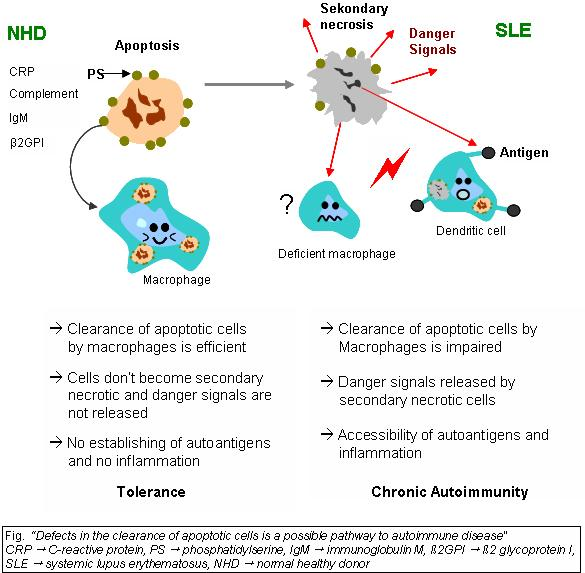
The immune system which works against the self is called as:
A. Self immune system
B. Autoimmunity
C. Specific immunity
D. None of these
Answer
591.9k+ views
Hint: Autoimmunity is a condition in which the immune system loses its ability to distinguish the self and non-self structures.
Complete answer: The self immune system is unique to each human body that means it is unique for each individual and is developed as the individual gets ill.
1. The self immunity system refers to the immune system of the body that can find the foreign agents that are antigens which can be various bacteria or fungus or virus.
2. Autoimmunity refers to the ability of the immune system to fight against the self that destroys its cells.
3. It is a kind of neurodegenerative disorder in which the cell has lost the ability to distinguish between self and non-self.
4. Autoimmunity causes various diseases such as Rheumatoid arthritis, multiple sclerosis, and many more.
5. A specific immune system refers to the immune system that is specific to a particular antigen that can be a self or non-self cell but generally it is non-self.
6. It is specific for each antigen and produces antibodies upon interaction with a particular kind of antigen.
Therefore, option B that is autoimmunity is the correct option.
Additional information: Examples of autoimmune diseases contain Systemic lupus erythematosus, Sjogren syndrome,
Hashimoto thyroiditis,
Rheumatoid arthritis,
Juvenile (type 1) diabetes,
Polymyositis,
Scleroderma, Addison disease, vitiligo,
Pernicious anemia,
Glomerulonephritis, and Pulmonary fibrosis.
Note: Autoimmune disorders, in general, cannot be restored, but the condition can be controlled in many cases.
Treatments consist of anti-inflammatory drugs – to eliminate inflammation and pain.

Complete answer: The self immune system is unique to each human body that means it is unique for each individual and is developed as the individual gets ill.
1. The self immunity system refers to the immune system of the body that can find the foreign agents that are antigens which can be various bacteria or fungus or virus.
2. Autoimmunity refers to the ability of the immune system to fight against the self that destroys its cells.
3. It is a kind of neurodegenerative disorder in which the cell has lost the ability to distinguish between self and non-self.
4. Autoimmunity causes various diseases such as Rheumatoid arthritis, multiple sclerosis, and many more.
5. A specific immune system refers to the immune system that is specific to a particular antigen that can be a self or non-self cell but generally it is non-self.
6. It is specific for each antigen and produces antibodies upon interaction with a particular kind of antigen.
Therefore, option B that is autoimmunity is the correct option.
Additional information: Examples of autoimmune diseases contain Systemic lupus erythematosus, Sjogren syndrome,
Hashimoto thyroiditis,
Rheumatoid arthritis,
Juvenile (type 1) diabetes,
Polymyositis,
Scleroderma, Addison disease, vitiligo,
Pernicious anemia,
Glomerulonephritis, and Pulmonary fibrosis.
Note: Autoimmune disorders, in general, cannot be restored, but the condition can be controlled in many cases.
Treatments consist of anti-inflammatory drugs – to eliminate inflammation and pain.

Recently Updated Pages
Master Class 12 Economics: Engaging Questions & Answers for Success

Master Class 12 Physics: Engaging Questions & Answers for Success

Master Class 12 English: Engaging Questions & Answers for Success

Master Class 12 Social Science: Engaging Questions & Answers for Success

Master Class 12 Maths: Engaging Questions & Answers for Success

Master Class 12 Business Studies: Engaging Questions & Answers for Success

Trending doubts
Which are the Top 10 Largest Countries of the World?

What are the major means of transport Explain each class 12 social science CBSE

Draw a labelled sketch of the human eye class 12 physics CBSE

Why cannot DNA pass through cell membranes class 12 biology CBSE

Differentiate between insitu conservation and exsitu class 12 biology CBSE

Draw a neat and well labeled diagram of TS of ovary class 12 biology CBSE




